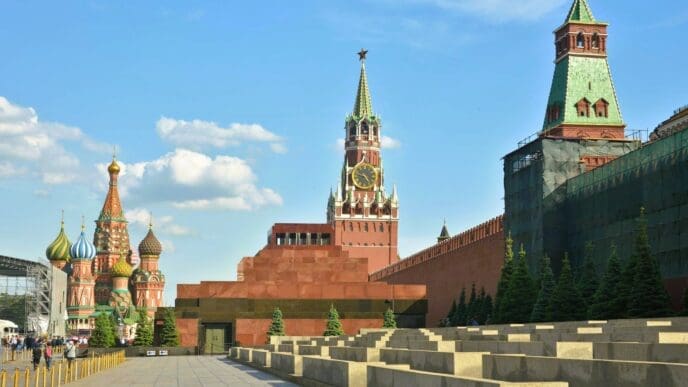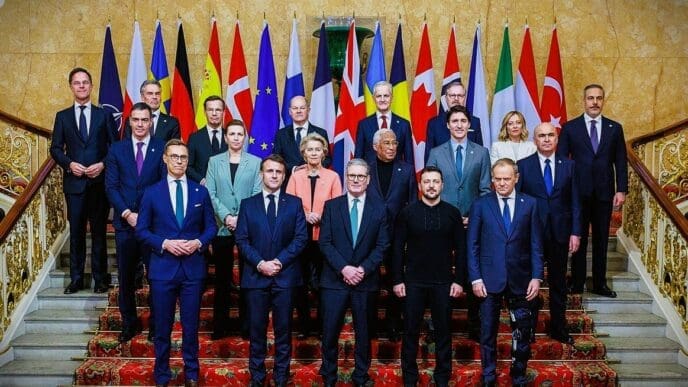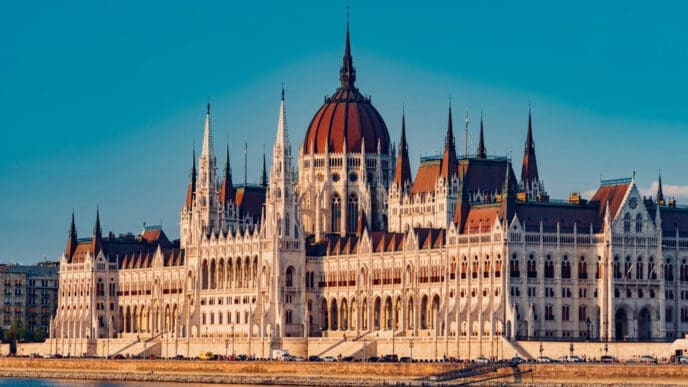In a significant turn of events, voters in Iceland have made their stance clear in the recent parliamentary election, casting votes that appear to penalize incumbent parties. With over half of the votes tallied, the center-left Social Democratic Alliance has emerged as a frontrunner, securing 15 seats in the 63-seat Althingi Parliament and more than 21% of the popular vote, according to Icelandic national broadcaster RUV.
The election results indicate a shift in the political landscape of the North Atlantic island, widely seen as a response to recent disagreements over critical issues such as immigration, energy policy, and economic management. These issues prompted Prime Minister Bjarni Benediktsson to dissolve his coalition government and call for early elections.
The conservative Independence Party, led by Benediktsson, secured 14 seats with just under 20% of the votes, while the centrist Liberal Reform Party managed to obtain 11 seats with 16%. These figures suggest a weakened hold for the incumbent government, which also comprises the Progressive Party and the Left Greens—both of whom appear to have lost voter support.
Counting of votes was delayed in certain regions due to severe snowstorms that obstructed roads and slowed the delivery of ballot boxes. This logistical challenge did not deter the electorate, however, from expressing their dissatisfaction with the current administration’s handling of socio-economic pressures.
Since the severe financial crisis of 2008, Iceland has experienced continuous political reshuffles, governed primarily by multi-party coalitions. The current situation reflects similar patterns observed across Western democracies, where rising living costs and increased immigration pressures are eroding support for traditional governing parties.
Iceland, with a population under 400,000, prides itself on its longstanding democratic institutions. The Althingi, founded in 930, is heralded as one of the oldest legislative bodies worldwide, and the recent election underscores the dynamic and evolving nature of its democracy.
The recent election results suggest a growing appetite for change among Iceland’s electorate, highlighting the challenges faced by incumbent parties in maintaining their political foothold amidst escalating socio-economic concerns. As new parties gain traction, it remains to be seen how the political landscape will adapt to address these pressing issues.
Source: News4jax














